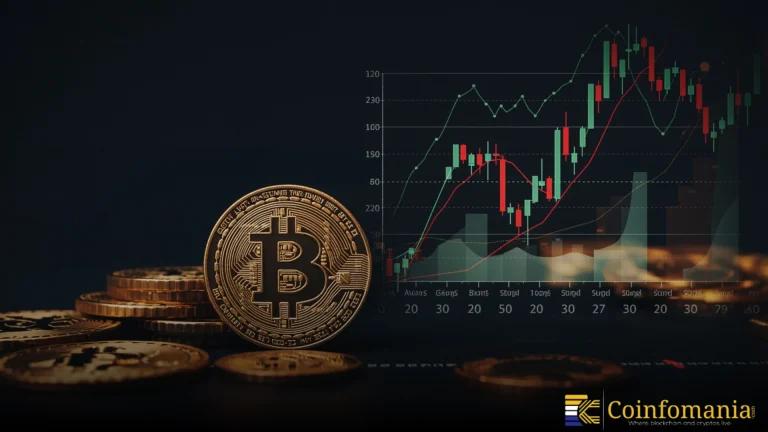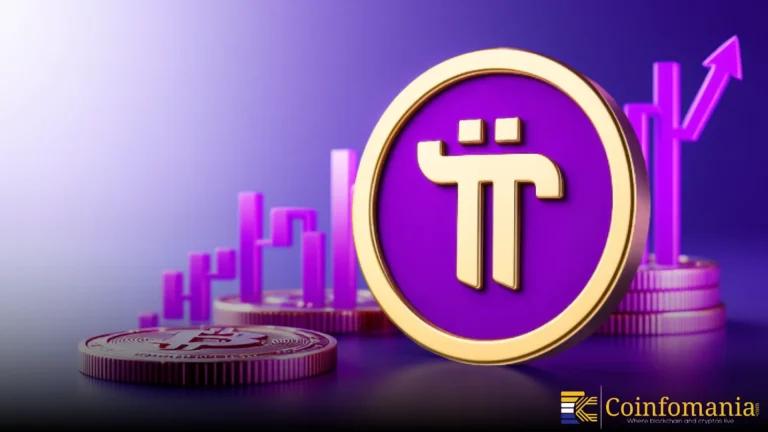Trump Presidency Brings NATO Closer To Collapse Than Ever Before
Discover how Trump’s reelection and shifting U.S. policies challenge the NATO alliance’s unity, ahead of a critical summit in The Hague.

Quick Take
Summary is AI generated, newsroom reviewed.
NATO faces internal tensions due to Trump’s reelection and calls for Europe to take more defense responsibility.
The alliance struggles with unity, U.S. commitment, and rising threats from Russia and China.
NATO’s future may depend on Trump’s stance, amid rising European defense spending and uncertainty.
According to a June 24 Bloomberg report, the NATO alliance is facing renewed internal tensions. Donald Trump’s reelection and Vice President JD Vance’s remarks in Munich have unsettled European leaders. Vance warned that Europe must “take more responsibility for its own defense” amid rising instability. He added, “We are entering a phase of instability,” just weeks before a NATO summit. The summit, set to take place in The Hague, comes at a highly sensitive moment. These developments have added pressure on member states to clarify their roles within the alliance.
Longstanding US Doubts About NATO Resurface Under Trump
Several American leaders have questioned the NATO alliance and US commitments. For example, some have asked how long to maintain US troops in Europe in times of peace. Even in the Barack Obama administration, there was criticism of NATO allies for relying too much on the United States. Donald Trump’s comments echo the long-standing debate, but introduced an added unfavorable tone. Trump previously threatened to pull troops out of Europe unless allies increased military spending. His re-election has revived controversy over the extent of American investment in NATO.
Diverse NATO Membership Complicates Alliance Cohesion
The alliance’s structure makes consensus difficult, with 32 members from various political and economic systems. France’s 1966 decision to leave NATO’s military command illustrated longstanding internal divisions. Former US Secretary of State Dean Rusk responded, “Does that include the dead Americans in military cemeteries?” His reply showed the emotional ties many Americans feel about sacrifices made in European defense. NATO’s diverse membership brings both strength and frequent disagreements over how to respond to threats. Balancing national interests with collective defense remains a difficult task for the alliance’s leadership.
NATO Faces Four Pressing Strategic and Operational Crises
NATO now faces four major challenges that threaten its unity and future role in global security. Russia’s 2022 invasion of Ukraine raised concerns about future threats to NATO’s eastern members. Many European militaries have struggled with readiness after years of reduced defense spending and planning. A third challenge involves the US shifting military focus toward Asia and China’s growing influence.
NATO continues to be relevant despite increasing criticism and internal weakness. European countries would find it difficult to deter mass military aggression by themselves without the United States. American contributions include nuclear deterrence, intelligence, and quick deployment of military forces. Even though some Europeans crave greater autonomy, they remain dependent on the defense capabilities of the US. Scaling back American engagement might compel Europe to increase military spending, however.
Trump’s Second Term Could Shape NATO’s Future Direction
The future of the NATO alliance may rest heavily on Trump’s next decisions. Trump’s earlier criticisms raised alarm, but European countries have increased defense spending in response. Some members now aim for spending targets as high as 3.5% of GDP annually. A senior European diplomat noted, “We’re seeing some real movement,” in military investment and planning. If Trump views this as progress, tensions might ease during his term. Still, uncertainty remains about whether his administration will support or undermine the NATO alliance moving forward.
Follow us on Google News
Get the latest crypto insights and updates.
Related Posts

Sei Gaming Explodes in Q3 as Daily Active Addresses Smash New Records
Triparna Baishnab
Author

Liquidity Returns as the Fed Reignites Risk-On Conditions for the First Time Since 2020
Triparna Baishnab
Author

Pi Network Pushes Real-World Adoption With Global Holiday Commerce Event
Triparna Baishnab
Author